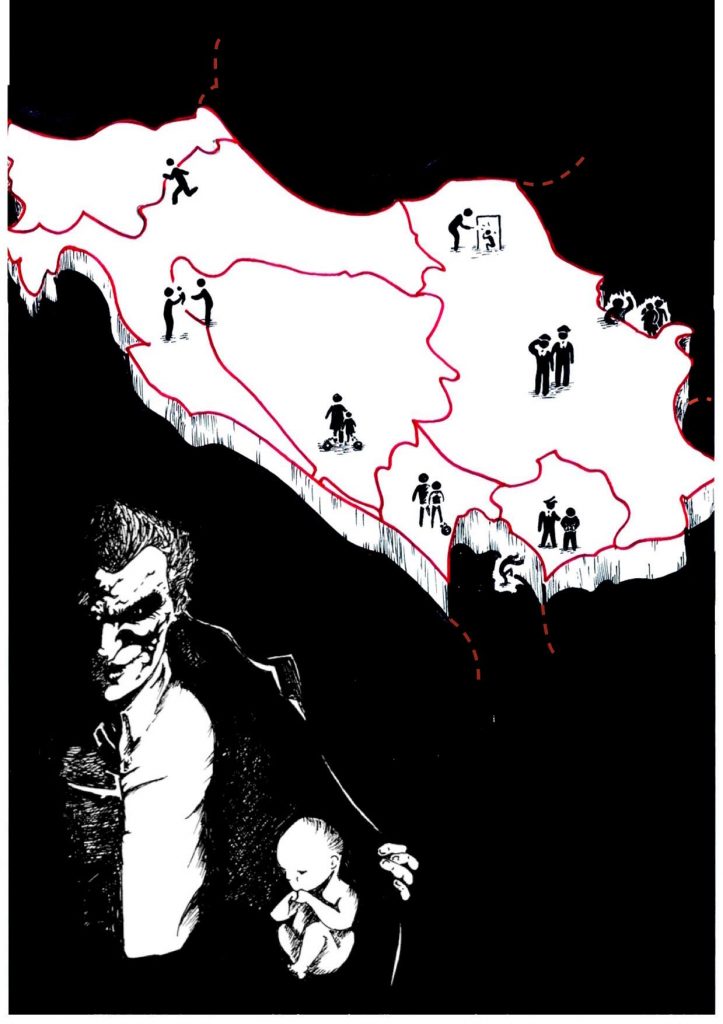
The fourth issue of BalkanThemes focuses on the challenges organizations and individuals face in dealing with human trafficking cases in the former Yugoslavia and beyond.
Since we published the first issue of BalkanThemes in September 2014, we’ve been thinking of ways to improve the reader experience and to engage more critically with the subject at hand. In this issue, we present the challenges organizations and individuals face in dealing with human trafficking cases in the former Yugoslavia and beyond. An in-depth interview by the Post-Conflict Research Center volunteers Chloé Gaillard and Clara Fantoni with the Indian organization Manav Seva Sansthan – third-prize winner of the 2014 UN Alliance of Civiliztions and BMW Group Intercultural Innovation Award – highlights the difficulties in and prospects for reducing and discouraging human trafficking practices along the Indian-Nepalese border. This issue also features a comparative article by PCRC intern Karim Sultan on the legal framework or lack thereof surrounding human trafficking in both Libya and Bosnia and Herzegovina.





